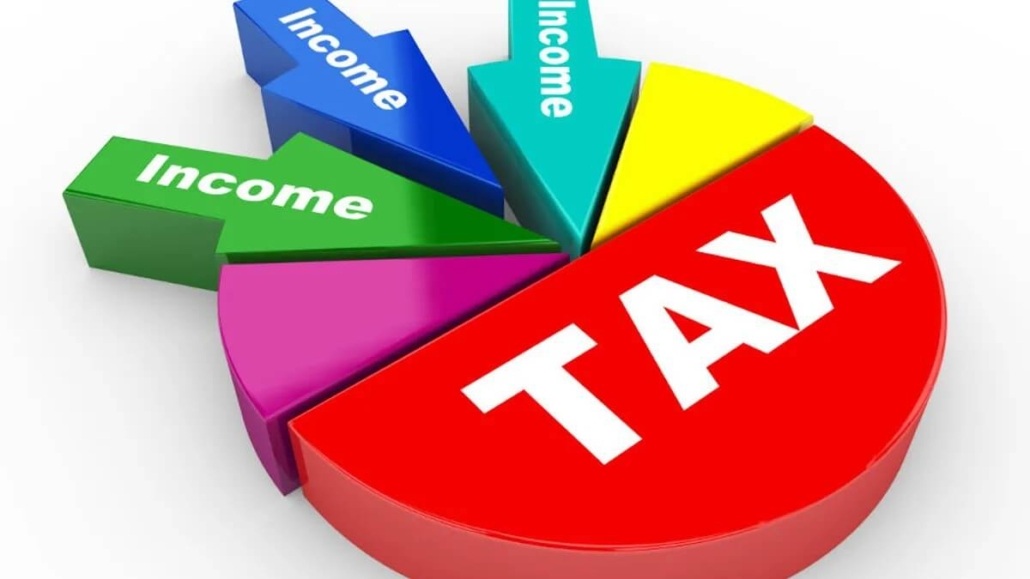What You Need to Know About Vaughan, ON, Airbnb Income Taxes
Vaughan, Ontario, is a popular tourist destination located just north of Toronto. Many homeowners in the area have turned to Airbnb as a way to earn extra income by renting out their properties to travelers. However, as with any source of income, there are tax implications that homeowners need to be aware of. In this article, we will explore what you need to know about Vaughan Airbnb income taxes.
Short-Term Rental Rules in Vaughan
In the city of Vaughan, individuals are permitted to offer their primary residences for short-term leasing, provided they successfully acquire the necessary license. This arrangement allows for the rental of homes or parts thereof for limited time frames, not exceeding 29 nights in a row, against a payment.
The regulatory framework for these short-term leases is outlined in the Short-Term Rental Licensing By-law, which defines:
- Homeowners or those holding leases are considered “owners” within the context of this legislation.
- Online platforms that enable the listing and booking of these short-term accommodations, such as Airbnb and Expedia, are categorized as “brokerages.”
- It is a requirement for both the residential property owners (or lessees) and the brokerage services to obtain a license to legally operate.
To be eligible for a Short-Term Rental License, applicants, whether they are property owners or brokerage firms, must present a duly filled-out application form along with all necessary documentation and the applicable licensing fee.
Upon receiving a license for operating a short-term rental, the license holder is mandated to comply with the following requirements:
- Ensure the license is displayed where it can be easily seen from outside, preferably close to the property’s primary entrance.
- Inform the City of Vaughan through written communication about any alterations to the details provided in the licensing application, within a week of the change.
- Maintain the property in strict accordance with the guidelines of the Ontario Building Code and Ontario Fire Code, especially concerning the limits on occupancy.
- For proprietors running their short-term rental without a brokerage’s involvement, it is necessary to itemize the Municipal Accommodation Tax (MAT) as a separate charge on all billing statements for each guest’s stay.
- The task of gathering the MAT and its subsequent remittance to the City of Vaughan is the owner’s responsibility.
- An annual renewal of the rental license is required to keep the short-term rental in operation.
Consequences of Regulatory Non-Adherence
Failing to secure a license or not adhering to the established short-term rental regulations can result in several consequences, including:
- A fixed Administrative Monetary Penalty of $750 for each violation encountered;
- There are legal fines under the Provincial Offences Act with penalties varying from $1,000 to $100,000. In scenarios where a property is utilized as a banquet hall, fines may be assessed based on the organizer’s anticipated profits;
- Additionally, instances of non-compliance may be forwarded to relevant departments or agencies for further action, such as Building Standards, Vaughan Fire and Rescue Services, York Regional Police, the Regional Municipality of York, Ontario Provincial Police, Children’s Aid Society, and the Alcohol and Gaming Commission of Ontario.
Understanding Airbnb Income Taxes
When you rent out your property on Airbnb, the income you receive is considered taxable. This means that you need to report your earnings to the Canada Revenue Agency (CRA) and pay income tax on your rental income. The amount of tax you need to pay will depend on your income tax bracket.
Register for a GST/HST Account
If you earn more than $30,000 in rental income per year, you are required to register for a GST/HST account and charge your guests the applicable tax. Failure to register for a GST/HST account can result in penalties and interest charges.
Municipal Accommodation Tax (MAT)
The City of Vaughan has passed a 4% Municipal Accommodation Tax (MAT) on the purchase of hotel, motel, bed and breakfast and short-term rentals, including online home-sharing companies. The collection of MAT for these kinds of lodgings began on April 1, 2019. Visitors who book these sorts of accommodations for a continuous period of 29 nights or fewer must pay the MAT.
Keep Track of Expenses
To reduce the amount of tax you owe on your rental income, it’s important to keep track of your expenses related to your Airbnb property. This includes expenses such as cleaning fees, repairs, and maintenance costs. These expenses can be deducted from your rental income, reducing the amount of tax you owe.
Deductible Expenses

The following are some of the expenses that can be deducted from your rental income:
- Property taxes.
- Insurance premiums.
- Cleaning fees.
- Repairs and maintenance costs.
- Mortgage interest.
- Property management fees.
Keep Accurate Records
To ensure that you accurately report your rental income and expenses to the CRA, it’s important to keep accurate records. This includes keeping track of all rental income received, as well as all expenses related to your Airbnb property.
Use Tax Software or Hire an Accountant
If you’re not comfortable preparing your tax return on your own, you may want to consider using tax software or hiring an accountant. This can help ensure that your tax return is prepared accurately and that you take advantage of all the tax deductions and credits available to you.
Consult with a Tax Professional

If you have any questions or concerns about your Vaughan Airbnb income taxes, it’s important to consult with a tax professional. They can provide you with the guidance and advice you need to ensure that you comply with all tax laws and regulations.
Keep Up-to-Date with Tax Law Changes
Tax laws and regulations are subject to change, so it’s important to keep up-to-date with any updates or changes that may affect your Vaughan Airbnb income taxes. This can include changes to tax rates, deductions, and credits, as well as changes to reporting requirements.
Read also Airbnb Regulations in Oakville, Ontario: What You Need to Know.
Plan Ahead
It’s important to plan ahead and budget for your tax obligations as an Airbnb host in Vaughan. This includes setting aside a portion of your rental income to cover your tax liabilities and ensuring that you have the necessary funds available when it’s time to file your tax return.
Explore Airbnb’s Role in Tax Collection and Remittance.
Conclusion
Renting out your property on Airbnb in Vaughan can be a great way to earn extra income, but it’s important to understand your tax obligations. This includes reporting your rental income to the CRA, registering for a GST/HST account if necessary, keeping accurate records, deducting eligible expenses, and seeking guidance from a tax professional if needed. By following these guidelines and staying up-to-date with tax law changes, you can ensure that you comply with all tax laws and regulations and minimize your tax liability.
Check out Tax on Airbnb Income in London, Ontario and Tax on Airbnb Income in Burlington, Ontario.












